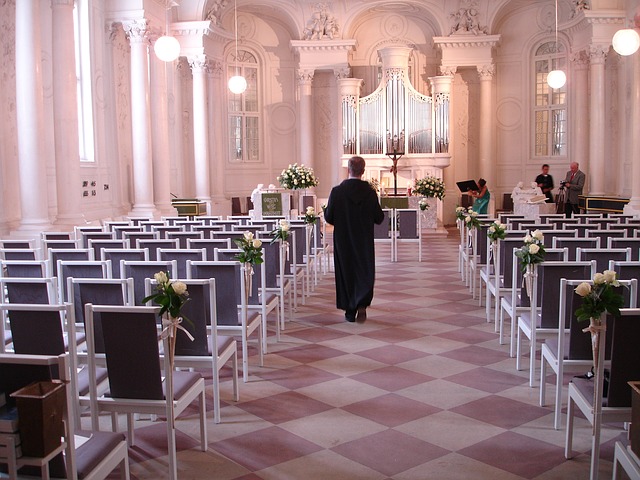There is an old joke that says, “If three Americans, just by chance, bumped into each other on a street corner in Paris—they would form a committee.” Americans have had a long love of committees—from government, to schools, to civic clubs. This affinity for committees has become normal operating procedure for the governance of most local churches in our land. When one of those churches has a need to find a new pastor, one of the first steps at many churches is to form a pastor search committee.
We anticipate that the need for pastor search committees may increase in the coming months. 2020 took a toll on pastors, causing many who were planning to retire in 4 or 5 years, to now consider leaving their leadership positions much sooner. If there isn’t a strong succession plan in place for who will come after those leaders, churches will begin taking on this critical task themselves to fill pastoral positions.
If your church finds itself in this position, here are some of the common pitfalls of Pastoral Search Committees to be aware of as you get started.
1. Knowing if a pastor search committee is really necessary or not
Many churches are hemmed in by a set of by-laws that stipulate that if a new pastor is to be selected, the first step is to form a pastor search committee. But, if a church is not bound by such a restriction—could the elders of the church or the executive board serve as the pastor search committee? In most cases these are the most spiritually qualified people, and ones who have their finger on the pulse of the church. They may also be aware of underlying issues with the former pastor that they would like to avoid in the next pastor, issues of which normal church members (some of whom might be asked to be part of a pastor search committee) would not be cognizant.
2. Having the wrong people on the pastor search committee
Most pastor search committees are made up of people who represent different ministries or groups of the church (e.g. youth, children, missions, musicians, singles, etc.). Is this the best way of forming a team to find God’s person to next lead the church? The person who represents the foreign missions ministry is likely going to evaluate every candidate through that lens, and hold out for “Pastor Bob” because prior to becoming a pastor he had been a foreign missionary. Is that wise? Maybe instead of a “representative” kind of pastor search committee, it needs to be a group of spiritually wise and mature church members (see #1 above).
If you’re forming a search committee after a major world or local event, it’s critical that at least one person on your committee was a part of your church body when that event occurred. For example, after COVID-19, you’ll want the opinions of people who witnessed the leadership that occurred during the church’s Coronavirus response in order to know what leadership traits worked during that time and what might be necessary to look for in your new leader.
3. Having too many people on the pastor search committee
A pastor search committee of eighteen people is likely not a helpful thing. How are you ever going to gain consensus with a group that large? Plus, it will be impossible to accurately hear and deeply understand the opinions of too many people. Maybe the optimal size for a pastor search committee is ten or less, something in single digits. Consider the Law of Diminishing Marginal Returns and understand that more is not always better.
4. Lack of an objective grid by which to evaluate candidates
Is there a job description? Have you distinguished between the “must-haves” and the “like-to-haves?” Are you overvaluing certain credentials? Some of the finest and most effective pastors in America do not have a Master of Divinity degree from a seminary. Have you evaluated the gifting of the last pastor, and how that may need to stay the same or change with the next pastor? Many pastor search committees prefer experience over character or giftedness, is that always a wise course? There’s an old story of a pastor who had twenty years of experience as a pastor in five different churches. Did he have twenty years of experience, or four years of experience in five different places?
After a year like 2020, churchgoers are craving a hyper-localized pastor – someone who knows their story and can speak into their circumstances. Pastoral care is so much more than knowledge, it’s about the ability to create relationships with and serve people well. Be sure you are considering all pastoral responsibilities when listing your non-negotiable traits.
Check out our similar post on hiring for potential over experience.
5. Lack of markers during the search process
Has your pastor search committee calendared in milestones during the search to keep everyone’s feet to the fire? How often will you communicate with the congregation, and by what means? Perhaps it would be good to schedule a short retreat for the pastor search committee to spend concentrated time in discussion and prayer.
There may be no bigger moment in a church than the selection of a new leader. It is certainly bigger than buying property, building facilities, or changing the name of the church. Few things in the life of a church are more critical than a pastoral succession. So—one last suggestion: pray, pray, pray!







